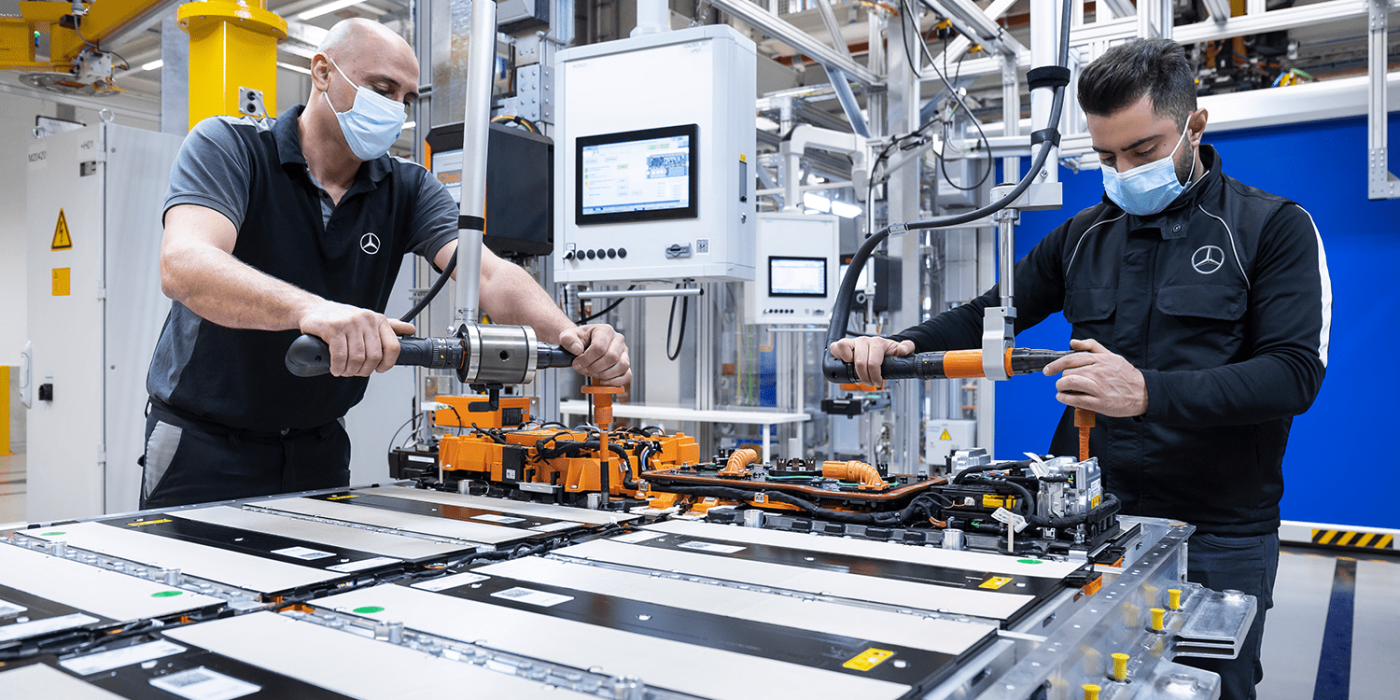CAR study finds no major automotive job loss
According to a new study by Ferdinand Dudenhöffer’s CAR Research Institute in Duisburg, the tightening of the EU’s CO2 requirements and the shift to electromobility will not be a job killer.
In fact, contrary to frequent predictions, in terms of the economy as a whole, there should even be more jobs in 2030 as a result of the electrification of the car industry. “The planned tightening of CO2 regulation in the EU threatens jobs in the European car industry less than feared,” Dudenhöffer told media representatives.
If other sectors are also taken into account, there is even a positive overall employment effect, according to the study sent to us by email. In concrete terms, less than 28,000 direct jobs in the automotive sector in Germany, France, Italy, Spain and Slovakia are at risk. This corresponds to 1.9% of the employees in the automotive sector in the five countries, which, according to CAR, account for 70% of car production within the European Union.
The Duisburg research institute CAR bases its model on the plans of the EU Commission, according to which from 2030 onwards only 47.5 grammes of CO2/km per new car will be permissible on average in the fleet. In a static microeconomic model, the researchers analysed the effects of this stricter regulation on employees in the automotive industry in the five EU countries mentioned. The model calculations focus on the year 2030, using industry data for the years 2019 and 2020. The analysis also concentrates on the passenger car market; the market for light commercial vehicles is not examined. The study was co-financed by the European Climate Foundation.
For Germany, with its approximately 814,000 people directly employed in the automotive sector, the study estimates that 1.8 per cent of the jobs that are still linked to combustion engine technology today will be eliminated by 2030. This corresponds to almost 15,000 jobs. According to currently known plans, half a dozen battery cell factories would be created in their place. “Even with conservative calculations, more than 35,000 people will be employed in the battery cell and module factories, which will be fully operational by 2025 at the latest,” the study predicts.
Even if one looks at the automotive industry in isolation, the employment effects are hardly measurable, according to the study. And positive effects on employment can be expected across all economic sectors. Electromobility is expected to create jobs in the raw materials and chemical industries, for example, as well as at energy suppliers and in the skilled trades.
At the same time, Dudenhöffer and his team point out that a rapid transformation, as well as a quick transition to battery-electric new cars, could imply a significant improvement in the competitive position of the industry in the long run. To put it another way: hesitating now could cost jobs later.
In November 2020, the Fraunhofer IAO had already initiated a study together with Volkswagen on the prospects for employment in the time horizon up to 2030, the results of which can be transferred to other players in the industry. Their conclusion, too, was that the employment losses due to electromobility in vehicle production are likely to be far lower than predicted in previous global studies.
As mentioned above, the German automotive industry employs around 814,000 people directly at manufacturers and suppliers. In addition, there are another 1.3 million jobs that depend indirectly on the automotive industry.
With reporting by Cora Werwitzke, France.
onvista.de, handelsblatt.com (both in German)





0 Comments